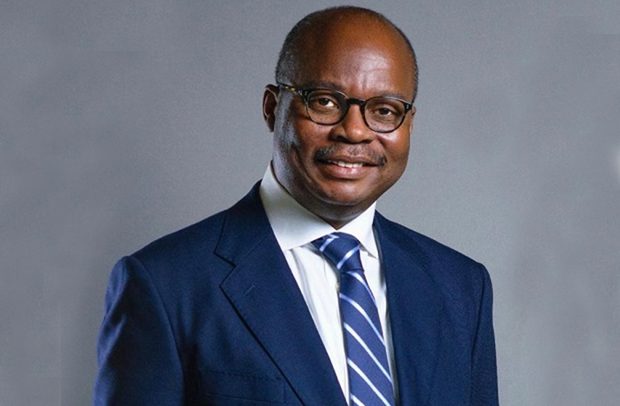
The Monetary Policy Committee of the Bank of Ghana on Friday 28th March 2025 hiked the policy rate – the rate at which it lends to commercial banks – by 100 basis points to 28%.
The Committee chaired by the Governor of the Bank of Ghana, Dr. Johnson Asiama cited high inflation, fiscal expansionary and liquidity overhang and geopolitical risks as the major reasons.
It also argued that the increase in the policy rate is to re-anchor the disinflation process, adding, as inflation becomes firmly anchored, the Committee will reassess the scope for a gradual easing in the policy stance.
The Institute of Public Policy and Accountability though recognized the above challenges believes the hike in the policy rate is coming at a wrong time. Inflation is still above 20% but has witnessed two consecutive declines (marginally).
Therefore, the Committee could have observed the situation for some time before adjusting the policy rate up.
An increase in the policy rate is a disincentive to businesses and household consumers as they grapple with high cost of operations and living.
We therefore want the Bank of Ghana to take a second look at its inflation targeting framework. We think that the Bank cannot continue to depend solely on that policy to control money supply.
Many questions have been asked regarding the efficacy of the inflation targeting framework purely because the current drivers of inflation are supply-side and not demand-side.
For us here at the Institute of Public Policy and Accountability, increasing the policy rate anytime inflation is stubbornly high is detriment to the survival of businesses. One, cost of borrowing and repayment of existing loans escalates, thus increasing operational costs.
Secondly, the firms often cut down on their expansion programmes, hence reducing their bottom lines and employment creation. This also affects government revenue mobilization.
Historically, the policy rate has not gone down below 10%. The best periods for a low policy rate were between December 2006 and August 2007 when the rate was 12.5% and again July 2011 and December 2011 when the rate was also 12.5%.
This raises several questions regarding a high-interestionary environment. Ghana has consistently featured as a country in Sub Saharan Africa with very high interest rates.
During these periods of low policy rate, the country’s fiscal regime was robust. A disciplined government is important in keeping the macroeconomic fundamentals (lower interest rates, lower inflation, reduced borrowing, stable exchange rate) stronger and opening the economy for growth.
Inconsistency in fiscal prudence has been our bane over the years. We therefore urged the Bank of Ghana not to shy away from criticizing the government or pulling the plug anytime it foresees the government exhibiting poor fiscal management.
It should not succumb to executive pressure by lending to the government or printing monies. We also want the government to be disciplined by not borrowing excessively or spend beyond its means. Again, borrowed funds should be invested in productive sectors of the economy.
Furthermore, we need to make a conscious effort to keep the base rate of the banks low to make our economy a credit based one.
This will trigger a productive economy rather than the consumptions based one. We don’t want a situation whereby the government is consciously reducing yields on treasury bills to cut its debt repayment.
This practice is not real and does not correspond with the prevailing market conditions as it will put pressure on the Cedi since investor will be considering purchasing foreign-denominated assets such as the US dollar. Rather, the government should institute policies that will expand the economy and generate more revenue.
In addressing the high cost of credit, the Institute is also urging the authorities to prioritize the credit scoring policy that former Vice President, Dr. Mahamudu Bawumia proposed. It is very crucial if we are to address the high Non-Performing Loans in the banking industry.
The advanced economies have embraced credit scoring system and has helped to identify credit worthy individuals and businesses. There are already credit reference bureaus in the system. We believe it would be easier to assign credit ratings on every borrower once they are given the full support.
The post Ghana’s policy rate of 28% stubbornly high; rate hike coming at a wrong time appeared first on The Business & Financial Times.
Read Full Story

















Facebook
Twitter
Pinterest
Instagram
Google+
YouTube
LinkedIn
RSS